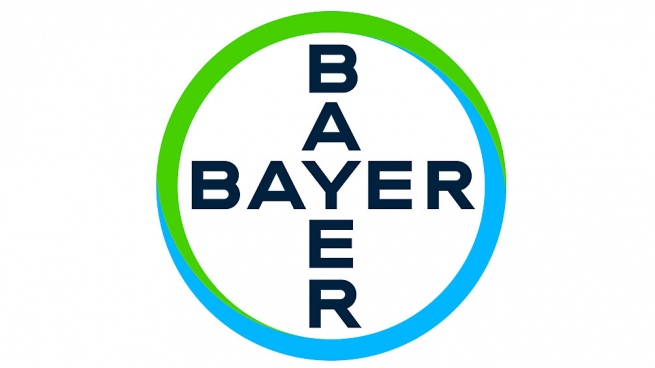An appeals court in the city of San Francisco has ordered the US Environmental Protection Agency (EPA) to re-examine the health risks of the herbicide glyphosate.
The court on Friday (local time) in San Francisco called the EPA’s assessment that the active ingredient in Bayer’s controversial herbicide Roundup poses no special risk to humans as dubious.
The matter is of great importance to the German group Bayer, which is facing numerous lawsuits in the United States over the cancer risks associated with glyphosate.
On Friday, however, the selective DAX-listed company scored another success in court. Bayer has won the last four glyphosate lawsuits.
“For years, the EPA has refused to act on the dangerous consequences of this pesticide for people and the environment”NRDC environmental organization
The EPA last reviewed the herbicide in 2020 and stuck to its line that it posed no health risk if used correctly.
The environmental organization NRDC, among others, filed a lawsuit against this decision. “For years, the EPA has refused to act on the dangerous consequences of this pesticide for people and the environment,” the organization said, according to a DPA agency dispatch.
The court made it clear that the situation could not continue like this. In its ruling, the appellate court was particularly upset by the EPA’s argument that glyphosate was not carcinogenic.
The underlying analysis is “flawed” and partly inconsistent with agency guidelines, the justices said.

The EPA declined to comment on the criticism. However, a spokeswoman said the decision on glyphosate would be reviewed. In a statement, Bayer expressed confidence that the EPA will find no cancer risk with glyphosate in a new review.
He argued that the US government’s environmental agency had already proceeded conscientiously last time and had made a “rigorous” evaluation of the scientific studies of the last 40 years.
Bayer took on the glyphosate lawsuits by acquiring the giant Monsanto for more than 60,000 million dollars in 2018.
The numerous lawsuits in the United States are based, in particular, on an evaluation by the International Agency for Research on Cancer of the World Health Organization (WHO). This entity classified Monsanto’s herbicide as “probably carcinogenic” to humans in 2015.


















